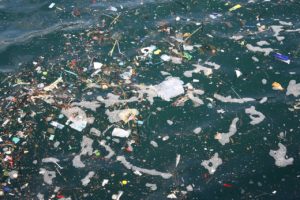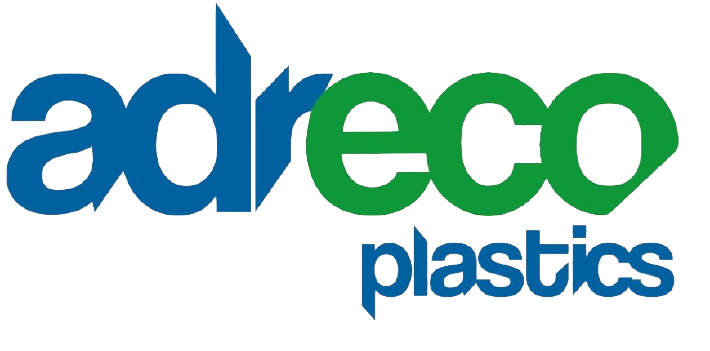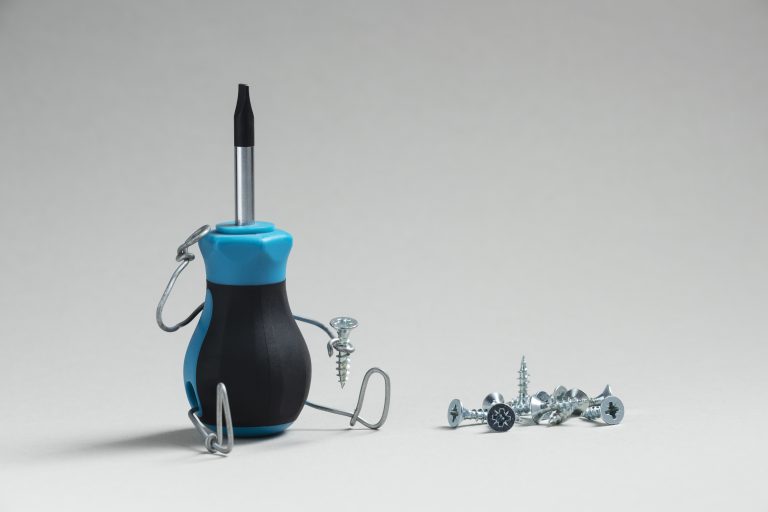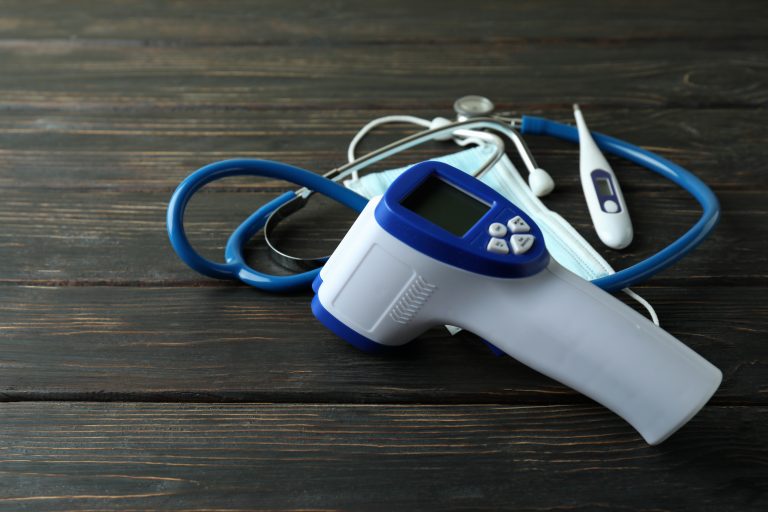List of Thermoplastics
Thermoplastic materials
Issues around rising amounts of plastic waste sent to landfill sites and plastic pollution causing threats to marine wildlife in the world’s oceans are well documented, as are the concerns around using finite fossil fuels such as crude oil to manufacture more and more plastic products.
While recycling plays an enormous part in cutting down plastic pollution, companies like Adreco Plastics are coming at the problem from a different angle, investigating the arena of dissolvable plastics.
Most plastics don’t dissolve because we need them to be strong and durable for long-term use in packaging, storage, and other everyday applications at home or work. However, some new types of plastics are being made to dissolve easily. These are intended for short-term use and help prevent environmental issues in the future.
What is dissolvable plastic?
Put simply, dissolvable plastics are manufactured using chemicals and components that break down over time. These plastics are considered to be much better for the environment and easier to dispose of after they have been used.
Dissolvable plastics are suitable for lighter packaging, such as plastic film around magazines sent in the post, for example, or for compost bags that can be used to keep raw food scraps, vegetable peelings etc. and then added to the compost heap or left out for the council’s recycling lorries to take away.
What are dissolvable plastic bags made of?
Dissolvable plastic is made from a combination of chemicals and materials, just like its non-dissolvable counterpart. However, the main difference is that dissolvable plastics come from raw materials that allow them to break down, just like biodegradable plastics that are made from natural ingredients such as corn oil, starch, fruit peel and plants.
A key area of exploration in plastics manufacturing is currently around how to dissolve plastic bags and the use of modified Polyvinyl Alcohol or PVA to make plastic. PVA breaks down over time and comes from natural gas or calcium carbide. PVA-based plastic can be dissolved in water, safely removing risks to animal and plant life and reducing sea and ocean pollution around the world.
What plastic products can be dissolved?
Pretty much any plastics products made from dissolvable plastic materials can break down in this way, including plastic bags, bottles, packaging, storage, components and tools. Plastic is highly flexible and can come in an almost inexhaustible array of colours, sizes, shapes and textures. As the technology and know-how behind dissolvable plastic production evolves, the options to create products and packaging
in plastic that will not hang around for years and years but will dissolve safely into nothing instead will only increase and gain in popularity.
Biodegradable plastic bags

Already, many supermarkets and shops around the world have made the switch to biodegradable plastic bags for customers to carry their purchases home in.
Alongside many schemes that charge people for the plastic bags, they request from the cashier, the use of more environmentally friendly plastics will help lower the carbon footprint of the retail world through more responsible packaging and consumer behaviours.
Dissolvable Single-use Medical test kits
Single-use Medical Test kits are an essential part of our global battle to aid virus detection, prevention and treatment. These devices are often made from traditional polymers such as ABS. Switching to dissolvable plastic which can be blended to dissolve in water as quickly as 1 hour after use or 1 month will lessen the harmful impact that their disposable can have on the planet. It would also help free up landfill space and lessen the burden on plastic recycling centres.
Packaging
Packaging is a hot topic these days when it comes to environmental responsibilities and sustainability as consumers and companies alike are entreated to take greater care and make a better-informed choice when it comes to the materials used to package and sell goods.
From magazine wraps to snack foods; toy packaging to kitchenware, plastic packaging is everywhere and the more that can be exchanged for dissolvable plastics and biodegradable materials, the more economic sense it makes and the better it will be for the whole world.
Packaging is a hot topic these days when it comes to environmental responsibilities and sustainability as consumers and companies alike are entreated to take greater care and make a better-informed choice when it comes to the materials used to package and sell goods.
From magazine wraps to snack foods; toy packaging to kitchenware, plastic packaging is everywhere and the more that can be exchanged for dissolvable plastics and biodegradable materials, the more economic sense it makes and the better it will be for the whole world.
The effect of non-dissolvable plastic bags and bottles on the environment

It doesn’t take a scientific genius to work out that the constant production, use and discarding of non-dissolvable plastics, however responsibly disposed of, is having a huge effect on the environment.
From increased landfill content to constant use of finite fossil fuels; plastics in the ocean threatening marine life to plastic waste in the countryside killing animals and birds, the threat is palpable and immediate. The more we can turn towards dissolvable plastics and biodegradable packaging and products, the less we harm the world that sustains our lives.
Call us today to discuss your dissolvable plastics project
Adreco Plastics is interested in developing dissolvable plastic technology now and in the future and would be keen to hear from customers looking for their own dissolvable plastic packaging, storage or manufacturing solutions. Call today to arrange an initial, no-obligation consultation with a dissolvable plastics expert at Adreco Plastics.





